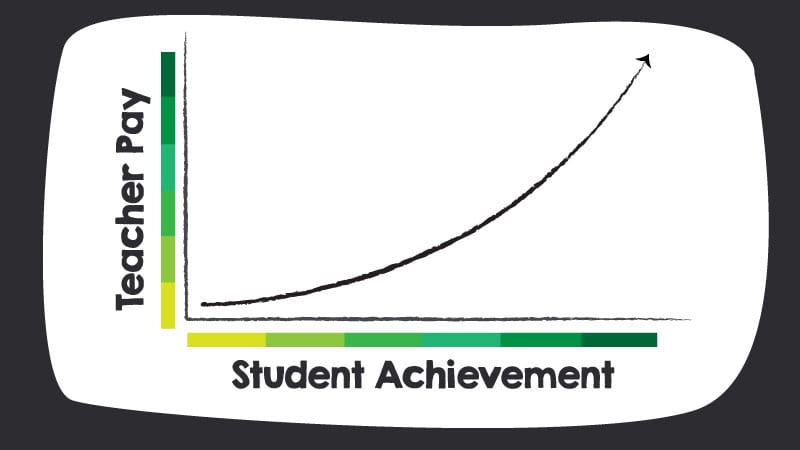Even as the coronavirus highlights the value of public schools to our communities, school systems are facing significant budget uncertainty. Chalkbeat reports on how schools in Memphis are looking ahead and what COVID-19 might mean in 2020-21 and beyond.
Before a global pandemic closed Memphis schools indefinitely, Shelby County Schools was already planning staff cuts in its central office and in schools.
As of Saturday, Superintendent Joris Ray’s administration was expecting to eliminate 139 central office positions and 115 teacher positions, according to budget documents Chalkbeat obtained. Anticipated teacher raises would be 1% after state funding cuts last week. Overall spending for the $1 billion budget would be down $11.5 million, or about 1%.
Now as the new coronavirus spreads, the proposed 2020-21 budget is constantly changing as federal, state, and local governments adjust their spending plans for education.
And county officials, who provide local funding for schools, are researching what it would cost to get virtual classrooms fully functioning while also calculating an expected decline in sales tax money as households spend less on businesses that had to close or cut back operations during the pandemic. State officials rely on sales tax money for schools and are anticipating a significant drop in revenue.
“This is going to force us to be disciplined about what we invest in,” said Michael Whaley, who leads the county commission’s education committee. He added poverty should not be the reason students do not have access to online learning. “That’s just not fair to those students. I think this lights a fire to figure out how to do this.”
Funding is down under a recently approved barebones emergency budget, including money for teacher raises and other initiatives. Gov. Bill Lee has not yet earmarked money for districts to purchase equipment to launch online classes, so only districts that already had enough laptops for every student are fully switching to digital learning.
While state funding for investments in public school decreased from Gov. Lee’s original proposal, the budget does include more than $40 million to fund vouchers.
The legislature is slated to reconvene in June and it’s possible they could address long-term budget concerns for school districts based on the impact of the COVID-19 shutdown.

For more on education politics and policy in Tennessee, follow @TNEdReport
Your support — $5 or more today — makes reporting education news possible.





